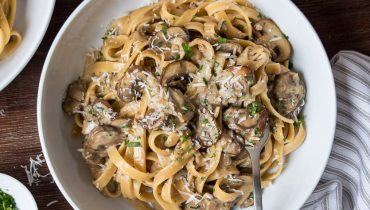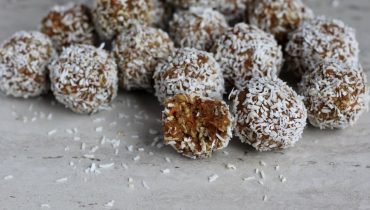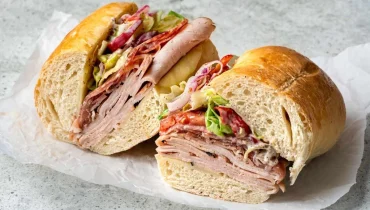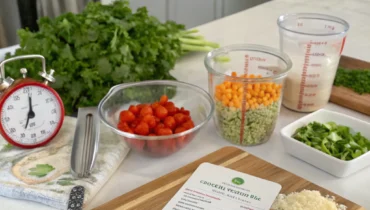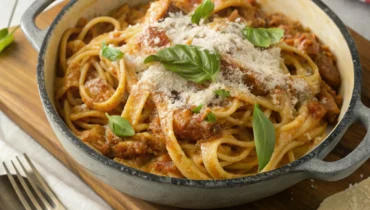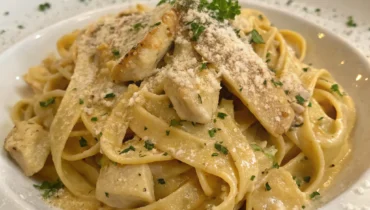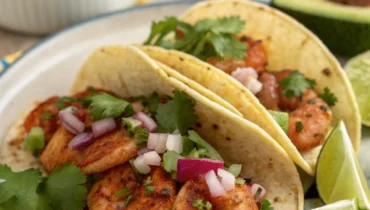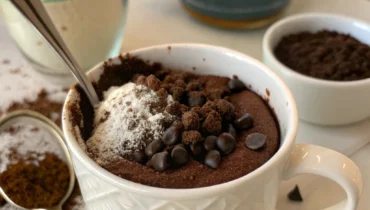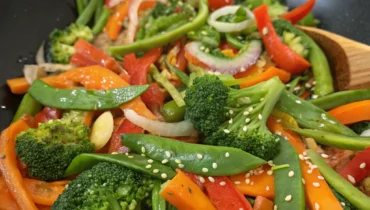Quinoa, Squash & Prune Stew Recipe
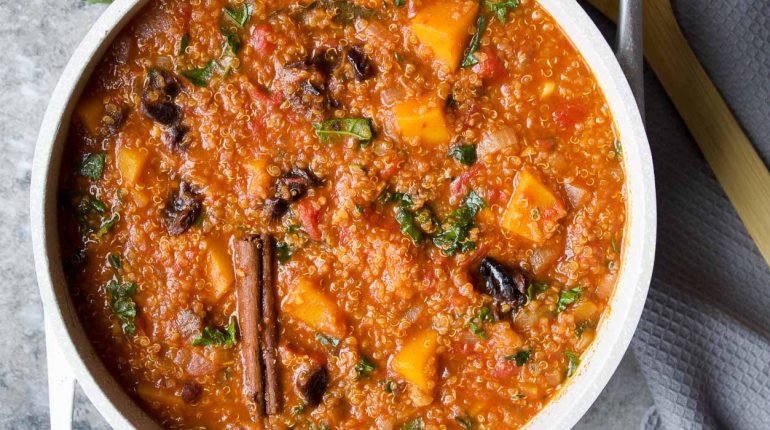
Posted October 2, 2023 by: Admin
I understand your initial reaction – prunes? Yes, prunes! While prunes are often associated with digestive health benefits, they are a vastly underrated and misunderstood food. Prunes not only offer impressive nutritional value but also boast a natural sweetness and versatility that make them a valuable ingredient for various culinary creations.
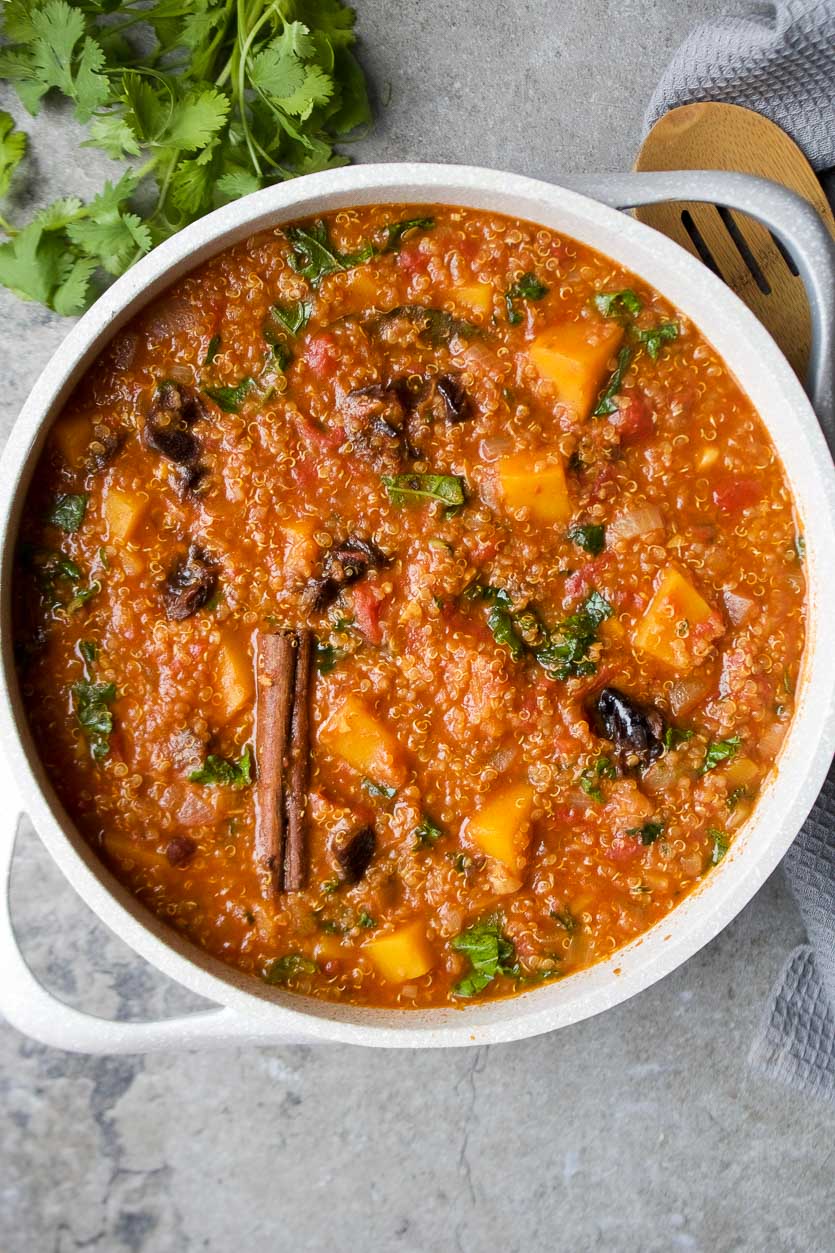
What are California Prunes?
In case you forgot, prunes are dehydrated plums. However, California Prunes are more than just dried plums. They are descendants of the Petit D’Agen stock, which was brought to California during the Gold Rush. These prunes ripen directly on the tree without fermenting. Thanks to California’s world-famous growing conditions and generations of expertise, California produces 99% of the United States’ total prune production and 40% of the world’s prune supply.
What are the benefits of eating prunes?
California Prunes, in addition to being whole foods rich in simple and complex carbohydrates, offer numerous health advantages.
- Source of Fiber: A serving of 5 prunes contains 3 grams of fiber, which has been proven to help stabilize blood sugar, regulate bowel movements, reduce cholesterol levels, and support overall health.
-
Source of Nutrients: A serving of 5 prunes contains 25 mcg of vitamin K (20% of daily intake), 290 mg of potassium (6% of daily intake), 16mg of magnesium (5% of daily intake), and 0.8 mcg of vitamin B2 (6% of daily intake), as well as copper, boron, and manganese. (1)
-
Support Digestion: A serving of 5 prunes contains 3 grams of dietary fiber and can help maintain good digestive health.
-
Support Bone Health: Prunes are rich in vitamin K and contain manganese, two nutrients that support normal bone maintenance. Eating 5 to 6 prunes daily has been shown to slow bone loss in postmenopausal women.
Advertisement: -
Help Control Blood Sugar: The fiber content and low glycemic index of prunes can help regulate blood sugar levels, manage hunger, and curb cravings.
-
Aid in Managing Cholesterol: The fiber and compounds in prunes can help maintain healthy cholesterol levels.
- Contain No Added Sugar: With only 100 calories per serving, prunes are a natural source of sweetness without added sugar.
How to Cook with Prunes
California Prunes are not just nutritious; they are also versatile for cooking, complementing both sweet and savory recipes. Similar in texture to dried fruits like raisins and dates, prunes can be enjoyed on their own, added to oatmeal, tossed into salads, simmered in stews, or blended into snacks, such as the No-Bake California Prune Power Ball, for a quick and convenient energy boost!
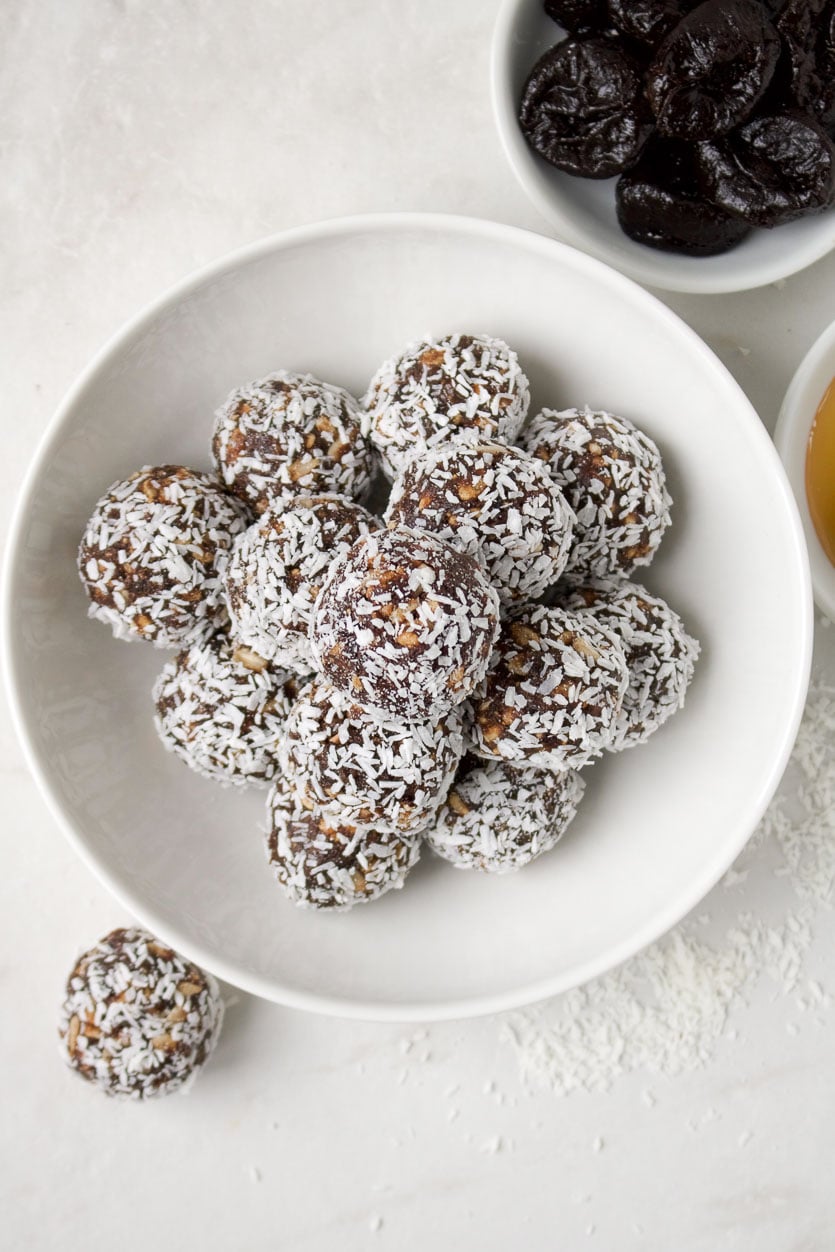
The versatility of prunes, with their moisture content and ability to enhance both sweet and savory dishes, makes them ideal for cooking and baking. When incorporated into savory dishes like this Quinoa, Squash & Prune Stew, they contribute the perfect balance of sweetness and infuse the dish with a deep, rich, and earthy flavor that is unparalleled.
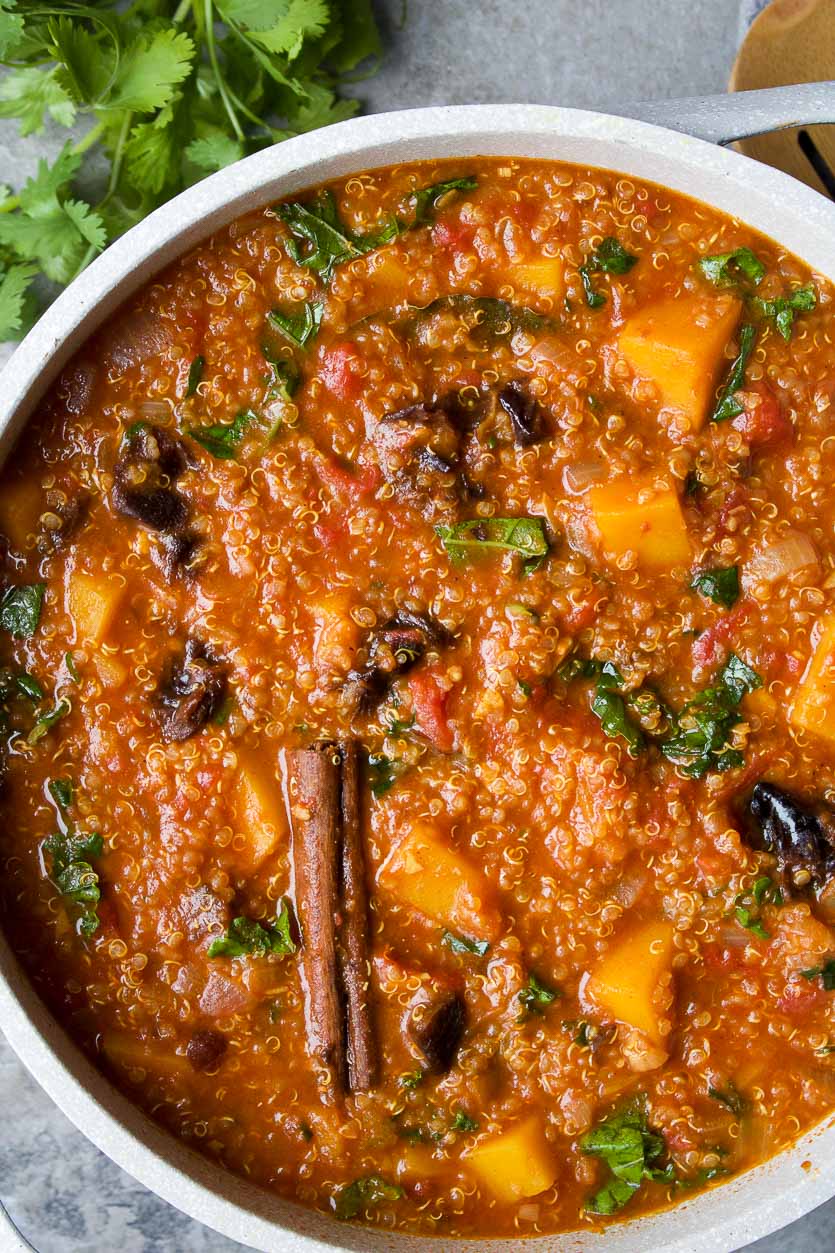
So, whether you’re preparing a meat-based or vegetarian dish, the next time you desire a touch of sweetness, reach for some California Prunes. There are countless ways to use them, but this hearty one-pot vegetarian meal, the Quinoa, Squash & Prune Stew, is perfect for weeknight dinners or convenient meal prep. Whip it up today, and you’ll have a fridge stocked with a protein- and fiber-packed meal for days to come.
Quinoa, Squash & Prune Stew
Packed with fiber and plant-based protein, this Quinoa, Squash & Prune Stew is a hearty one-pot vegetarian meal perfect for weeknight dinners or meal prep.
Ingredients
- 2 tablespoons olive oil
- 1 onion, diced
- 3 cloves garlic, minced
- 1 tablespoon paprika
- 2 teaspoons cumin
- 1 cinnamon stick
- 1 bay leaf
- 1/2 cup dry quinoa
- 3 cups butternut squash, peeled and diced
- 3 cups broth, chicken or vegetable
- 14 oz can diced tomatoes
- 1 tablespoon tomato paste
- 3/4 cup California Prunes, halved
- 2 cups kale, roughly chopped
- 1/2 teaspoon salt, plus more for seasoning
- 1/4 teaspoon black pepper
Instructions
- In a large pot on medium heat, warm the olive oil, add onion, and cook for 3-4 minutes until tender.
- Add garlic and cook for an additional 2-3 minutes, being careful not to burn it.
- Add paprika, cumin, salt, and pepper, stir to combine, and cook for 30 seconds until fragrant.
- Add quinoa and butternut squash, stirring to ensure it is well coated with the onion mixture.
- Pour in broth, scraping up any bits that have stuck to the bottom, add diced tomatoes, tomato paste, prunes, cinnamon stick, and bay leaf, and give it a good stir.
- Cover with a lid, reduce heat to a simmer and cook for 25-30 minutes until quinoa and squash are tender.
- Once cooked, add kale, stir well to combine, and cook for an additional 5 minutes or until kale is wilted and bright green.
- If needed, add an extra splash of stock or water for desired consistency, or simmer for another 5 minutes to reduce if it’s too liquidy. (This may vary depending on your brand of canned tomatoes.)
- Remove cinnamon stick and bay leaf and season with additional salt to taste.
- This recipe can be stored in the fridge for up to 5 days or in the freezer for up to 3 months.
Nutrition
- Serving Size: 1 serving
- Calories: 233 calories
- Sugar: 7 grams
- Fat: 6 grams
- Carbohydrates: 44 grams
- Fiber: 5 grams
- Protein: 5 grams


